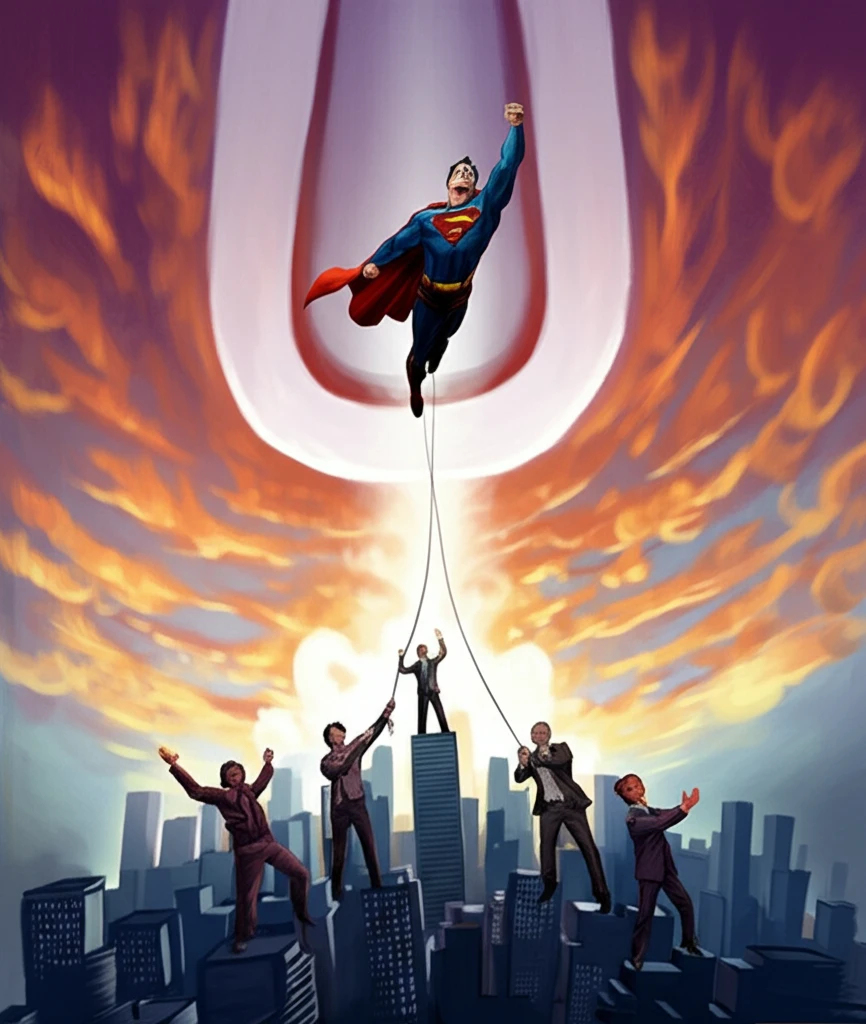
The Superman Effect: How Your Coworkers' Abilities Can Make or Break Your Success
"Uncover the surprising science behind coworker dynamics and learn how to optimize your team for peak performance using Coworker Ability."
In the bustling world of work, we often focus on our individual skills and contributions. However, the reality is that we are all part of a larger ecosystem, and our performance is inextricably linked to those around us. This is especially true in collaborative environments, where the abilities of our coworkers can have a profound impact on our own success.
While conventional wisdom suggests that working with highly skilled individuals is always beneficial, emerging research reveals a more nuanced picture. The abilities of our peers can act as both a catalyst and a deterrent, influencing our motivation, effort, and ultimately, our performance. Understanding these dynamics is crucial for both individuals seeking to optimize their own success and managers aiming to build high-performing teams.
This article delves into the fascinating interplay between coworker abilities and individual performance. Drawing on insights from a recent study in the restaurant industry, we'll explore how the skills of those around us can subtly shape our own work ethic. Whether you're a seasoned professional or just starting your career, this exploration will equip you with actionable strategies for harnessing the 'Superman Effect' and unlocking your full potential.
The Inverted-U: A Surprising Twist on Coworker Influence

For years, the prevailing belief was that peer effects were linear – either positive or negative. The more skilled your coworkers, the better (or worse) you perform. However, a groundbreaking study examining data from a casual restaurant chain revealed a fascinating non-linear relationship.
- Social Pressure: You're motivated to keep up with the improvements around you.
- Knowledge Sharing: You learn new techniques and strategies from your more capable peers.
- Healthy Competition: You're driven to excel and stand out among your colleagues.
Actionable Insights for Building High-Performing Teams
The implications of this research are far-reaching, offering valuable insights for managers seeking to optimize team dynamics and enhance overall performance. By understanding the nuanced relationship between coworker abilities and individual motivation, leaders can strategically construct teams that foster both collaboration and healthy competition, ultimately leading to greater success for all.
